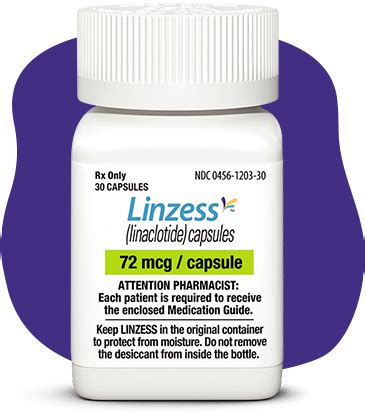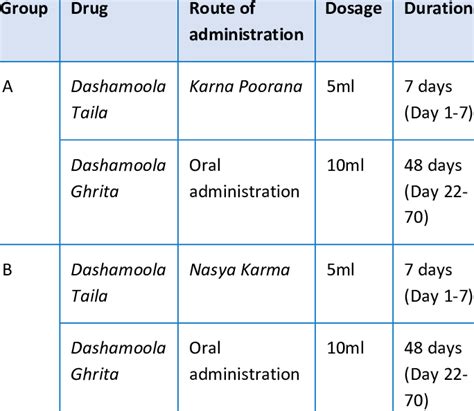Intro
Discover key facts about Linzess 145mcg, including its uses, benefits, and side effects, to manage irritable bowel syndrome (IBS) and chronic constipation with this medication, exploring dosage, mechanism, and patient reviews.
Linzess, also known as linaclotide, is a medication used to treat certain gastrointestinal disorders. Here are five key facts about Linzess 145mcg:
The medication Linzess is primarily prescribed for the treatment of irritable bowel syndrome with constipation (IBS-C) and chronic idiopathic constipation (CIC). It works by increasing the amount of fluid in the intestines, which helps to soften stool and stimulate bowel movements. Linzess 145mcg is a specific dosage of this medication, and its effectiveness has been demonstrated in various clinical trials.
Linzess 145mcg has been shown to be effective in improving bowel habits and reducing symptoms of IBS-C and CIC. In clinical trials, patients taking Linzess 145mcg experienced significant improvements in bowel movement frequency, stool consistency, and straining during bowel movements. Additionally, patients reported reductions in abdominal pain and discomfort.
One of the key benefits of Linzess 145mcg is its ability to work locally in the gut, with minimal absorption into the bloodstream. This reduces the risk of systemic side effects, making it a relatively safe and well-tolerated treatment option. However, as with any medication, Linzess 145mcg can cause side effects, including diarrhea, abdominal pain, and flatulence.
How Linzess 145mcg Works

Benefits of Linzess 145mcg
The benefits of Linzess 145mcg include its ability to improve bowel habits, reduce symptoms of IBS-C and CIC, and work locally in the gut with minimal systemic absorption. Additionally, Linzess 145mcg has been shown to be effective in patients who have not responded to other treatments, making it a valuable option for those with refractory symptoms.Side Effects of Linzess 145mcg

Contraindications and Warnings
Linzess 145mcg is contraindicated in patients under the age of 6, as it can cause severe diarrhea and electrolyte imbalance. It is also not recommended for patients with a known history of mechanical gastrointestinal obstruction. Additionally, Linzess 145mcg should be used with caution in patients with severe renal impairment or those taking medications that may interact with Linzess.Dosage and Administration

Interactions with Other Medications
Linzess 145mcg may interact with other medications, including antacids, warfarin, and certain antibiotics. It is crucial to inform a healthcare provider about all medications being taken before starting treatment with Linzess 145mcg.Real-World Experience with Linzess 145mcg

Case Studies
Several case studies have demonstrated the effectiveness of Linzess 145mcg in patients with IBS-C and CIC. For example, a study published in the Journal of Clinical Gastroenterology found that patients taking Linzess 145mcg experienced significant improvements in bowel movement frequency and stool consistency.Future Directions

Conclusion and Final Thoughts
In conclusion, Linzess 145mcg is a valuable treatment option for patients with IBS-C and CIC. Its ability to improve bowel habits, reduce symptoms, and work locally in the gut with minimal systemic absorption make it a relatively safe and well-tolerated medication. As research continues to uncover the benefits and potential uses of Linzess 145mcg, it is likely to become an increasingly important treatment option for patients with gastrointestinal disorders.We invite you to share your thoughts and experiences with Linzess 145mcg in the comments below. Have you taken Linzess 145mcg for IBS-C or CIC? What were your results, and did you experience any side effects? Your feedback can help others who may be considering this treatment option.
What is Linzess 145mcg used for?
+Linzess 145mcg is used to treat irritable bowel syndrome with constipation (IBS-C) and chronic idiopathic constipation (CIC).
How does Linzess 145mcg work?
+Linzess 145mcg works by binding to guanylate cyclase-C, an enzyme found in the intestinal lining, which leads to an increase in fluid secretion and helps to soften stool and stimulate bowel movements.
What are the common side effects of Linzess 145mcg?
+The most common side effects of Linzess 145mcg include diarrhea, abdominal pain, and flatulence.
Can I take Linzess 145mcg with other medications?
+Linzess 145mcg may interact with other medications, including antacids, warfarin, and certain antibiotics. It is essential to inform a healthcare provider about all medications being taken before starting treatment with Linzess 145mcg.
Is Linzess 145mcg effective in real-world clinical practice?
+Yes, Linzess 145mcg has been shown to be effective and well-tolerated in real-world clinical practice, with patients reporting significant improvements in bowel habits and reductions in symptoms of IBS-C and CIC.
